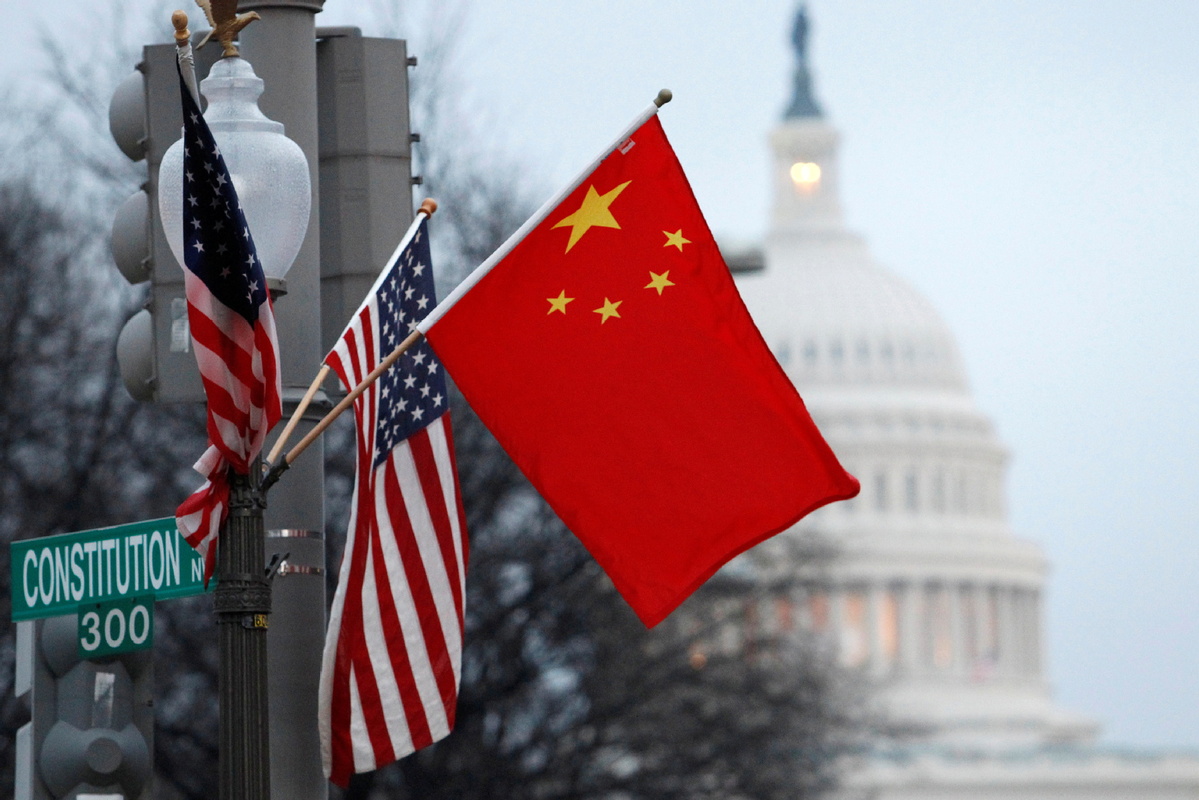Expert: H-1B visa restrictions harm US economy
By LIA ZHU in San Francisco | China Daily Global | Updated: 2021-07-19 09:37

The Trump-era hostility toward the H-1B visa program that allows US companies to hire foreign high-skilled workers is "xenophobic" and "undermining" the country's innovation economy, said a Silicon Valley expert.
The Trump administration took a series of measures to crack down on the H-1B program, though technology industry leaders said they rely on the program to recruit for positions that do not have a deep applicant pool among US citizens.
Former vice-president Mike Pence on July 14 called on President Joe Biden to immediately prohibit the issuance of H-1B visas to Chinese nationals employed by US technology companies "to protect American intellectual property and national security".
"The rhetoric in and of itself is xenophobic, nationalistic and ultimately only undermines the work that we're doing, given our reliance on immigrants as a whole, and in particular, Chinese and Asian Americans," said Peter Leroe-Muñoz, general counsel and vice-president of innovation and technology at Silicon Valley Leadership Group.
"Skilled immigrants are the golden goose, so we have to make sure that our rhetoric and our mindset reflects just how important that relation is," he said. In Silicon Valley, nearly 1 in 6 STEM (science, technology, engineering, and mathematics) workers is born in China and many more are of Chinese descent, he said.
The 2019 annual STEM survey by Emerson, a technology and engineering company in Missouri, shows that only 39 percent of US citizens have felt encouraged to pursue STEM careers as industries continue to report they can't find individuals with the skills required for today's advanced workplaces.
"H-1B is critical to Silicon Valley companies as a way to fill skill gaps and supplement the brain power deficit from the domestic labor pool," said George Koo, a retired international business adviser in Silicon Valley.
There is an 85,000 annual H-1B limit, including a 65,000 regular cap and a 20,000-exemption for H-1B visa holders with a master's degree or higher from a US university. About two-thirds of the H-1B petitions are in computer occupations.
Before Donald Trump left office, his administration finalized a new rule that would end the H-1B lottery and replace it with a system that awards H-1B petitions by highest to lowest salary level.
Despite the tech industry's outcry for rescinding the rule, the Biden administration only delayed the regulation until next year's H-1B cap selection.
The rule would make it more difficult for international students to obtain an H-1B petition, because choosing H-1B petitions by salary level favors individuals with the most experience over those with the least experience.
As to alleged intellectual property theft, Arthur Bienenstock, co-chair of the American Academy of Arts and Sciences' Committee on International Scientific Partnerships, said the economic, scientific and technological benefits coming from foreign students "far outweigh" those from university-generated IP.
National Science Foundation data show that foreign students earn more than 50 percent of the master's degrees and doctorates in computer science, mathematics and engineering, and about half of those foreign students are from China, according to Bienenstock.
Britta Glennon, an assistant professor at the Wharton School of Business at the University of Pennsylvania, said, "Any policies that are motivated by concerns about the loss of native jobs should consider that these same policies have the unintended consequence of encouraging firms to offshore jobs abroad."
























